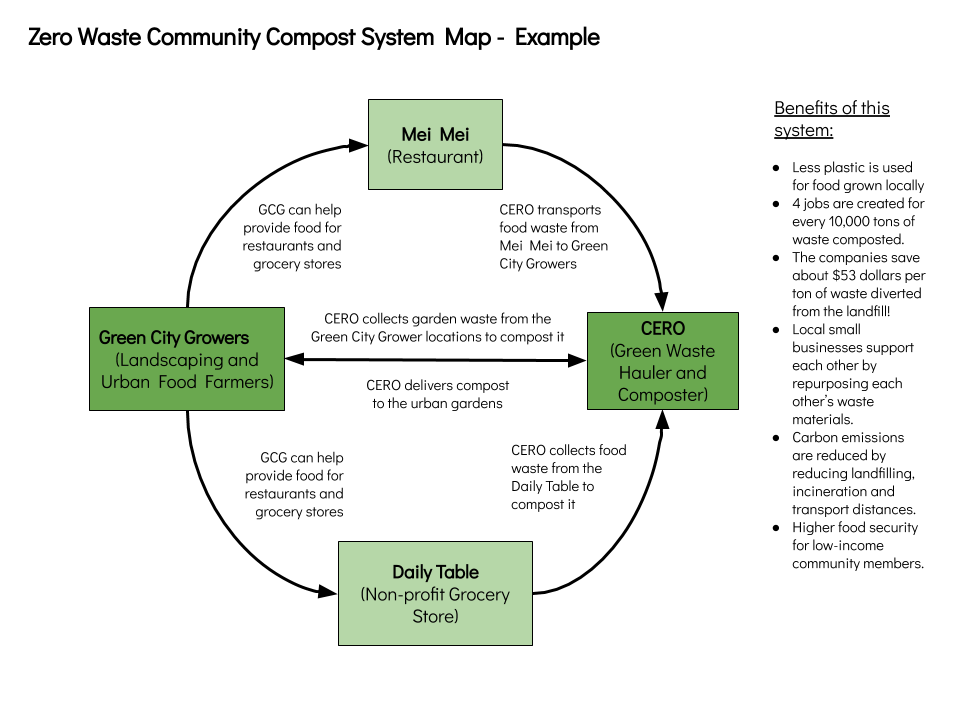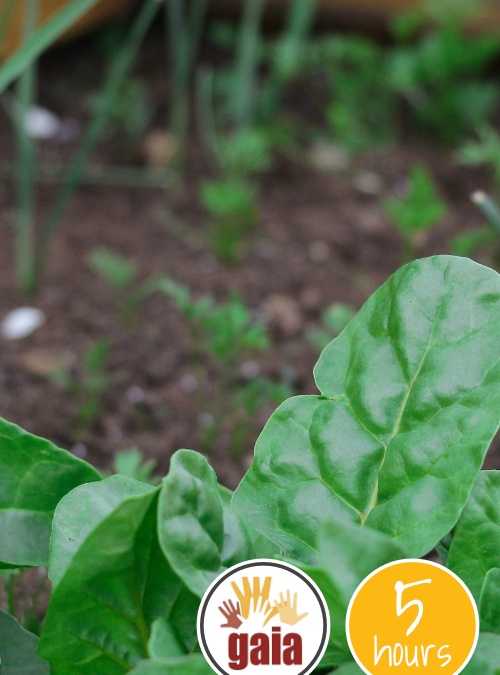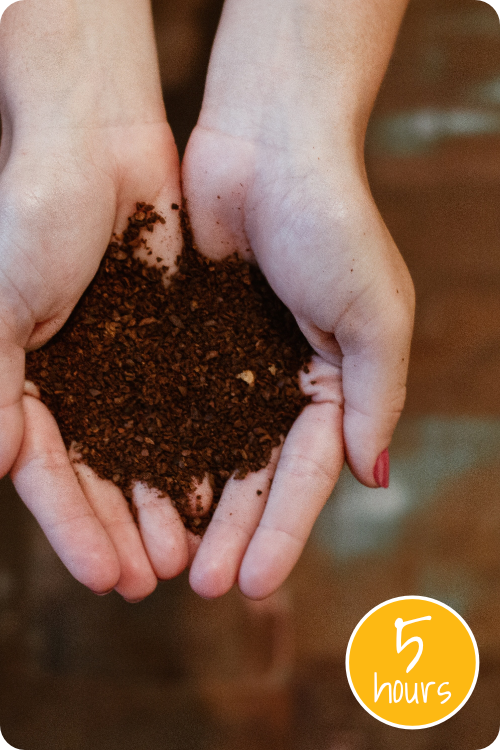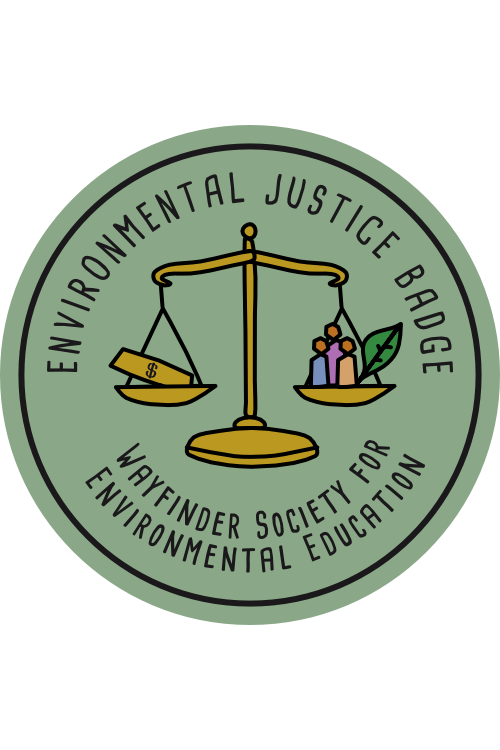
Photo credit: Sigmund on Unsplash
Your mission
Map out how your community could create a zero waste compost system.
Time Commitment: 5 Hour
Range of Impact: Community
This Action was created in partnership with GAIA.

Why this Action is impactful
Nature creates waste – trees shed their leaves, animals leave their traces – but in nature, all waste gets used by another part of the system. As we look for ways to live more in harmony with nature, we can try to emulate how nature works. In many homes, when we’re done eating we throw everything in the same trash can – paper plates, plastic cups, plastic forks, leftover food – and it all goes to a landfill. When food decays in a landfill, it decays into methane (because there is a lack of oxygen) – which is a greenhouse gas 4 times as potent as carbon dioxide! What if, instead, we put the leftover food and anything else compostable into a compost bin and returned it to the soil? Then we could recycle the plastics a bit easier too because they wouldn’t be stuck in a messy pile of mixed waste.
What to know before getting started
One major component of zero waste is separating out and recovering food waste, i.e. composting. Not only does composting reduce how much goes to landfill, but it also provides local jobs, a healthier environment, and reduces greenhouse gas emissions. In a zero waste community, restaurants, grocery stores, composting companies and gardeners can work together to reduce food waste, build-up healthy soil, grow food, and feed their communities. A bonus is that it makes recycling plastics, paper, and other materials cleaner and easier.
What to do
- The Global Alliance for Incinerator Alternatives (GAIA) is a leader in creating sustainable models for zero waste programs around the world. Start by going to GAIA’s Zero Waste World website. Feel free to explore all their case studies and resources, but for this Action we will focus on one story highlighting a community in Boston, Massachusetts that created a network to cycle food waste, make compost, and improve the lives of their community. Read the story then check out the system map to see how their community stakeholders worked together.

- Create YOUR OWN diagram to map out how your community could implement something similar. You can use existing businesses and organizations in your community, or create imaginary ones to complete your map. You can draw it out on paper or create it on a computer.
- Your map should include:
- Add 2-3 applicable zero waste facts from this fact sheet, or another credible source to make your system map more informative.
- At least 3 businesses, organizations, or groups who are part of the system (real or imaginary)
- Arrows that connect the different parts of the system with explanations of their relationships
- Any additional information that helps clarify the system and the benefits provided.
- Upload your diagram (or picture of it) below.
Tips and Suggestions
- Every city or community around the world is different. Take some time to really think about the people who live in your community. What unique cultural aspects do you need to consider?
- Do some research on the businesses and organizations in your community before starting your map.
- If there is already composting going on in your area, think about how this system could be improved, expanded, or made more accessible to residents. Talk with the people running to the compost systems to learn more about their operation.
- Think outside the box. Are there any parts of your community that are unique, or different from the Boston example, that would benefit from being a part of a zero waste composting network?
Track your contribution
To submit your work and get recognized for your contribution to your community, complete the form below. If we approve your submission, you’ll be awarded 5 Hours.
Do another Action
Check out our other Actions that build off of this one!
Compost Your Food Waste
Find out how to compost at home.
Environmental Justice Pathway Badge
This Solution video is part of the Environmental Justice Pathway Badge. Complete the Pathway to earn the Badge!



